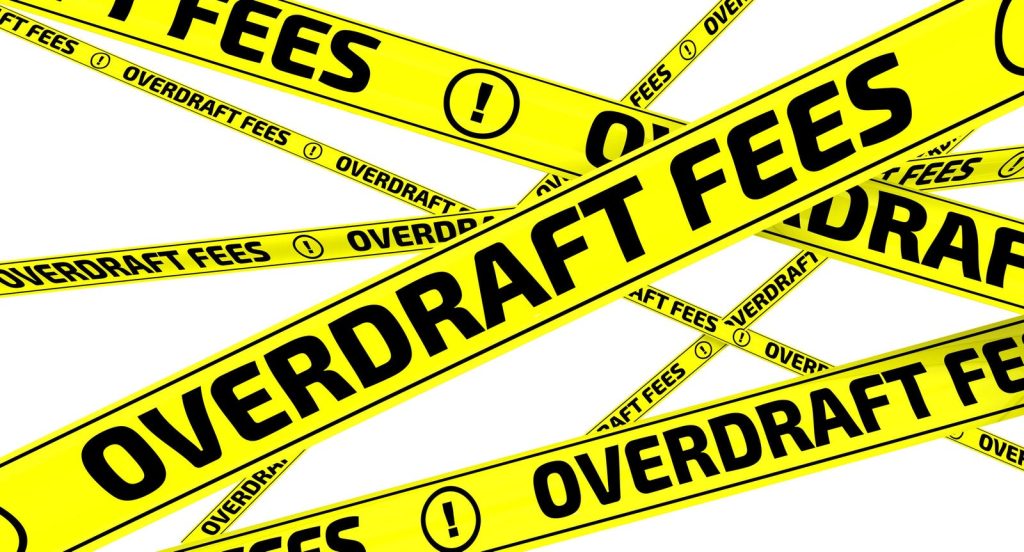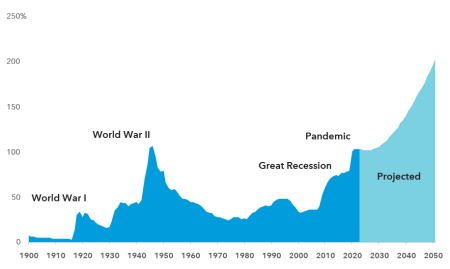For decades, overdraft fees have represented a significant, yet often overlooked, burden on consumers and a lucrative revenue stream for financial institutions. These charges, often buried in fine print, have quietly eroded consumer balances, contributing to financial instability for many. Now, the Consumer Financial Protection Bureau (CFPB) is poised to reshape the landscape of overdraft fees, introducing a new rule that compels banks to prioritize consumer welfare over excessive profit generation. This regulatory intervention marks a pivotal moment in the financial services industry, promising a more transparent and equitable banking environment for consumers while challenging banks to innovate and adapt their business models.
The CFPB’s overdraft final rule, set to take effect on October 1, 2025, targets large financial institutions with over $10 billion in assets. These institutions now face a threefold choice: cap overdraft fees at $5, ensure fees are strictly cost-based, or treat overdraft charges as traditional loans, subject to transparent pricing and competitive pressures. This regulatory change has significant implications for both consumers and banks. Consumers stand to gain approximately $5 billion in annual overdraft fee savings, averaging $225 per household affected by these charges. The change also moves towards a more equitable banking system, reducing the financial burden disproportionately impacting lower-income individuals. For banks, the new rule necessitates a reevaluation of existing practices and a shift toward more sustainable, customer-centric business models.
The CFPB’s intervention forces financial institutions to rethink their reliance on opaque fees and embrace innovation to maintain profitability. The elimination of easy revenue streams derived from overdraft charges compels banks to differentiate their products and services through genuine value creation. This could involve developing enhanced digital platforms with integrated budgeting tools and personal financial management features that empower consumers to avoid overdrafts altogether. Focusing on improved user experience and proactive financial guidance can foster customer loyalty and attract a new generation of tech-savvy consumers who demand transparency and personalized financial solutions.
The anticipated regulatory shift presents both challenges and opportunities for the financial sector. Banks that adapt swiftly and embrace customer-centric practices stand to gain a competitive edge. Transparent pricing, comprehensive customer education, and seamless user interfaces can attract a new cohort of customers, particularly younger demographics who are increasingly skeptical of traditional banking practices. In the long term, this could reshape the evaluation of banking stocks, rewarding institutions that demonstrate agility, innovation, and a genuine commitment to consumer welfare. Conversely, banks that cling to outdated models risk falling behind and losing market share to more forward-thinking competitors.
The CFPB’s focus on overdraft fees aligns with a broader governmental effort to combat “junk fees” across various industries. This coordinated approach signals a sustained commitment to consumer protection and sets a precedent for future regulatory action. Enterprises that fail to anticipate and adapt to these evolving regulatory standards risk scrambling to comply later, potentially facing financial penalties and reputational damage. By proactively embracing regulatory changes, businesses can demonstrate their commitment to ethical practices and build stronger relationships with their customers.
The CFPB’s overdraft rule represents more than just a simple reduction in fees; it signifies a fundamental shift in the financial marketplace towards greater consumer protection, innovation, and equitable practices. It aims to realign the interests of financial institutions with those of the public, fostering a more balanced and customer-centric ecosystem. For banks, this presents an opportunity to refine their business models, focusing on delivering genuine value to customers. For consumers, it offers relief from excessive fees and the promise of a more transparent and equitable financial future. For industry observers, this development underscores the power of smart regulation to drive efficiency, accountability, and a better overall experience for all stakeholders.










